HotSpots H2O: Egypt and Ethiopia Spar Over Nile River Dam in Latest Round of Talks
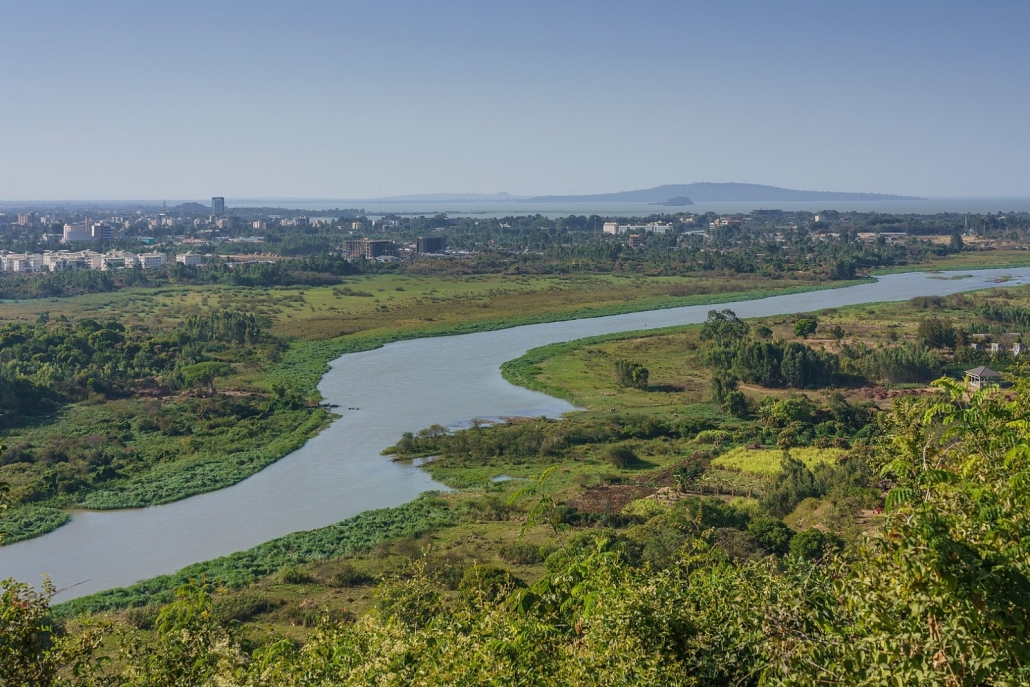
Blue Nile River in Bahir Dar, Ethiopia. Photo courtesy of Wikimedia Commons.
Negotiations over how to fill and operate a controversial dam in Ethiopia are once again deadlocked after a tense back-and-forth between two countries that hold conflicting visions of water use in the Nile River watershed.
The $4 billion Grand Ethiopian Renaissance Dam, built on the Blue Nile, the river’s main tributary, is intended to boost economic output and improve energy access in Ethiopia. But the project, which began construction in 2011, has raised national security concerns within downstream Egypt, which draws its freshwater almost exclusively from the Nile.
A key question for Egypt is how the dam’s reservoir will be filled, a process that involves impounding water and reducing downstream flows. Ethiopian officials say they could fill the reservoir as quickly as two years, but will slow the process to four or seven years for the sake of their downstream neighbors.
Negotiations recently resumed, but they have been marked by accusations of overriding self-interest. On August 1, Egypt submitted a proposal that included stipulations for filling the reservoir, including requiring its consent at various points in the filling process. Ethiopia rejected the proposal, calling it “one-sided” and an affront to “the positive spirit of cooperation.”
In an October 1 letter circulated among embassies, the Ethiopian Foreign Ministry added that the proposal was “an effort to maintain a self-claimed colonial era-based water allocation and veto power on any project in the Nile system.” A 1959 agreement between Egypt and Sudan, the middle country in the basin, allocated most of the river’s flow to Egypt.
In response, Egypt says that Ethiopia has “rejected all the proposals that take Egypt’s water interests into account” and that negotiations are at a standstill. Egypt is now calling for international mediation.
“Ethiopia’s moving forward with the operation and filling of the Renaissance Dam is unacceptable and a clear violation of the Declaration of Principles, and will have negative consequences for stability in the region,” Egyptian Foreign Minister Sameh Shoukry reportedly told Parliament last week. The Declaration of Principles was signed by Egypt, Ethiopia, and Sudan in 2015 as a starting point for negotiations over the dam.
“We call on the international community to shoulder its responsibility in finding a solution that satisfies all parties,” Shoukry concluded.
Ethiopia says the call for international intervention is unwarranted, and that the three countries are capable of solving any “pending issues” before the dam is finished. Over the weekend, Egyptian President Abdel Fattah al-Sisi and Ethiopian Prime Minister Abiy Ahmed agreed to meet soon to discuss the dam.
The dam is now roughly 60 percent complete, and is slated for completion in 2022.
Kayla Ritter is a recent graduate of Michigan State University, where she studied International Relations and Teaching English to Speakers of Other Languages. She is currently based in Manton, Michigan. Kayla enjoys running, writing, and traveling. Contact Kayla Ritter

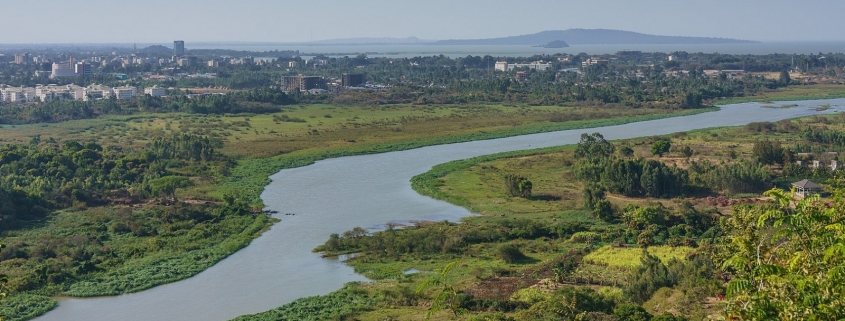

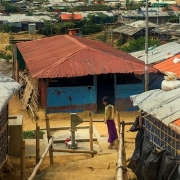
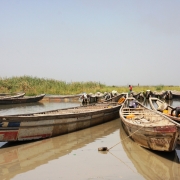

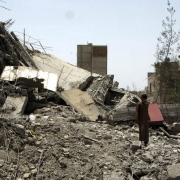
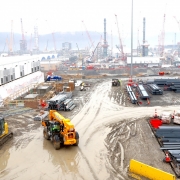
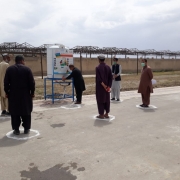

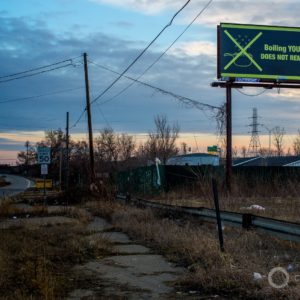
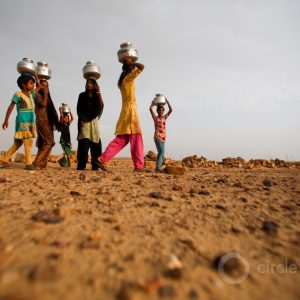
Leave a Reply
Want to join the discussion?Feel free to contribute!